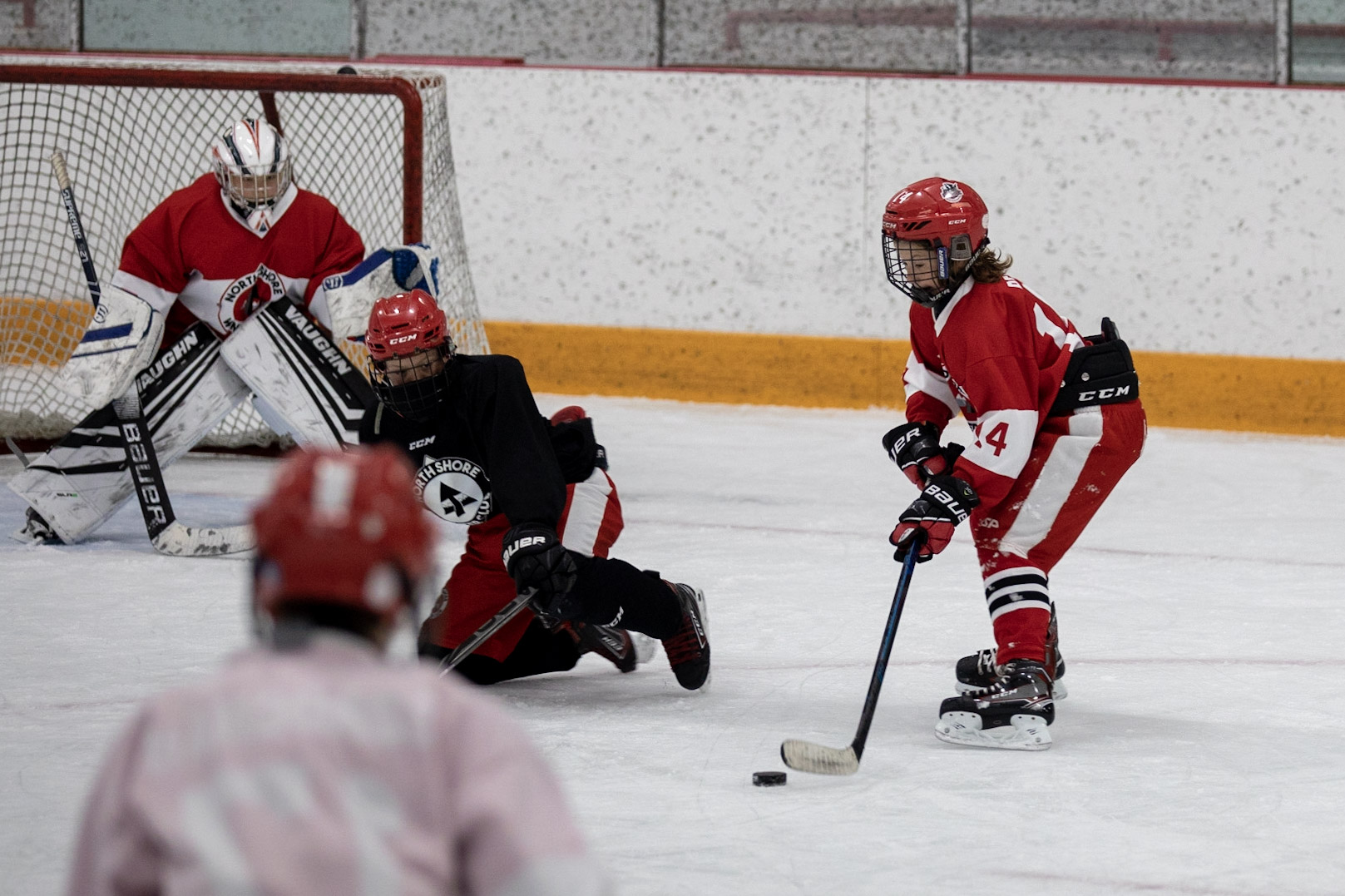Letter to Hockey Parents

Dear Parents,
The start of another hockey season is finally here. It’s time to see the results from long hours in the gym and countless on ice skill sessions and camps. I am excited to become part of an excellent development team here at the North Shore. It was great to see how much potential we have during tryouts.
I started working in hockey development in 2001 in Winnipeg where I was a co-owner, head trainer, and on-ice instructor at Focus Fitness. I then started as the strength and conditioning coach of the Manitoba Moose. did that for five years until that led me to Vancouver where I was brought on as an assistant strength and conditioning coach and on ice skills coach. After working with four different coaching staffs over the last 10 seasons, my role with the Canucks has changed and evolved. I have been fortunate to work with not only the best players in the world, but to learn from some of the game’s brightest coaches.
When it comes to hockey development, we want to produce not only complete hockey players but good people as well. I have learned to be patient over the years because every player is different and develops at different rates; what works for one might not work for another. There is no magic drill or exercise that will instantly turn your player into the next Jonathan Toews. It is a long term process and requires a lot of hard work. To prepare hockey players with all the tools required to become a complete player is a big job.
I believe the most important thing is to have a long term development plan in place – a template that can be altered depending on unique circumstances, but s template nonetheless to guide us and to keep us on track. From a physical point of view, hockey players must have balance, they need to be strong, and they need speed and agility. These physical attributes are required to master the fundamental on-ice skills such as shooting, passing, and skating.
From a mental perspective, players need to make decisions in a split second, otherwise known as hockey IQ). They need vision and awareness. Our long term development plan is a periodized plan in which we first determine at what age specific skill sets should be developed, how long we need to focus on that skill set, and how to measure the athlete’s progress. This is the process we are going through right now at the club: creating a comprehensive long term development plan that will provide your son or daughter with the tools they require to become a complete player. This plan starts with the initiation level and each year players will progress through a continuum that builds off the last. This plan will have a strong emphasis on skating and fundamental puck skills, with plenty of quality repetitions and attention to detail. The goal of our development plan is to produce north shore players that share the same characteristics.
- We are going to play fast (decisions; maintain and always push the pace)
- Skilled (skating, puck handling, shooting, and passing)
- Creative (promote freedom to make plays)
- Always details and habits (stop at net, sticks on pucks, position, defend)
- Compete (relentless pursuit of pucks, second efforts)
NSWC TEAMS WILL BE HARD TO PLAY AGAINST
My role at the club is to help create and implement a long term hockey development plan by providing off ice leadership and team building workshops, support coaches by running seminars, providing drills, and developing skill teaching progressions amongst our development team. I will also be getting on the ice directly with each team three times throughout the season to run specific skill development sessions.
To get started, we have put together a NSWC player profile. Players will all have different skill sets and attributes but it’s important that all of us follow the same code. I encourage all of our parents to take the time to review the document with their child and ensure they are clear about our expectations.
I look forward to meeting all of you, please stop me in the halls to introduce yourself. I love and am always willing to sit down and talk hockey.
Let’s make it a great season.
Glenn Carnegie
Director of Player Development
